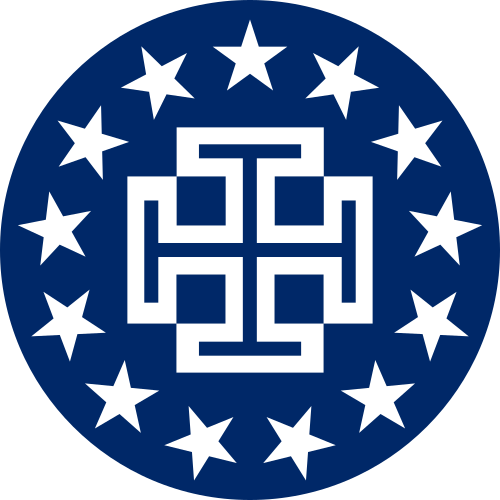There is no woman on Earth more famous than the Blessed Virgin Mary. She is the most revered of all the Saints in the Church, and there are many, many things in this world named for her. For a long time, I, like plenty of other converts, struggled with the role of Mary in the Catholic Church. But over time, I have begun to understand how unique she truly is among the saints for one very clear reason. She is the Mother of God. It is one of the very first things you learn about the Catholic Faith: God came down through the Incarnation, being born on Earth in the person of Jesus Christ, son of Mary. But the subtler consequences of this can take time to understand.
This motherhood of the Virgin Mary is more than just a particular event which occurred within the life of Christ. It is reflective of her unique role as the Bridge to Heaven: the one by whom God came down to Earth, and in turn, the one who reconnects God and man, having been severed by the Fall of Man in the Garden of Eden. As Eve betrayed God in the garden and severed the link which man had previously had to God, distorting the image of God within man, Mary gave of herself fully to God, trusting in Him absolutely and serving the God who made her. Through this faith, God was able to come down to earth in the person of Jesus Christ and undergo the life, death, and resurrection which we all know.
This role, and the very human restoration inherent in it, truly hit me at the Burial Service with Lamentations which ends the observance of Good Friday in my Byzantine Catholic Church. The faithful, the followers of Christ, lament the death of their Lord on the cross. But the lamentations of the Blessed Theotokos are heartbreaking in a way that hits anyone with a family (that is, most people) in a powerful way. The other followers mourn Christ in a spiritual sense, their Lord has been killed. They have uniquely human connections to Him as well, as anyone does of a mentor or a friend. But the Lamentations of Mary bear a special and terrible pain: the pain of a mother who has lost a child. Anyone who has ever experienced this or knows anyone who has can attest: this is a horrible pain that you would never wish on anyone. Hearing as Mary laments and mourns the death of not only her Lord and God but also her one and only son moves one in a way that is perhaps indescribable.
We as men are made in the Image of God. This does not simply mean that we look like Him. This means that our fundamental humanity is designed by God in His own image. Many of the issues in our society today, in our economy, our interpersonal relationships, our public morality (or lack thereof) are reflective of a society which has lost sight of this Image, of the ties between man and God. If we are going to fix this and improve our society to make it for our children something worthy of their inherent human dignity as children of God, we need to deepen our devotion to God, of course. But we also must deepen our devotion to the Blessed Virgin Mary, the Bridge to Heaven, so that we can pull our fallen society back up towards heaven just as she allowed through her great faith and devotion to God for Him to come down from heaven for our sake.
As men, what are we here on earth for? It is not, much as we are told, to make money. It is not to chase some credential or ship some product or to reach some market valuation for our company. Nor is it to chase dopamine or other pleasant brain chemicals through hedonistic living. We are here to be human, and that means to devote ourselves to God, the One in whose image we are made. In doing this, in devoting ourselves in prayer, in devoting ourselves to the fundamentally human institutions which God has given us, such as the family and the community, we become more human rather than less.
Look into the Bible and you will see this reflected in the life of Mary. Her most famous role in life is that of Mother. She is the one who brings Jesus Christ into the world as a little child, one whom she raises and nurtures and looks after. She does not work a 9 to 5 job, so by the modern standard she is not living up to what she ought to, but she is far more famous and beloved and indeed more important than any of these critics could ever dream of being. Saint Joseph, foster father of Christ, is himself also better known for his role in raising Christ more than he is for his profession, that of a carpenter. His profession exists to serve him and his family, rather than the other way around. We could learn much from their examples. The family is the most important responsibility which we will ever be entrusted with, and while it is of course necessary to provide for one’s family, we must recognize the example set by the Holy Family: have a vocation and take pride in it, but your family comes before your boss.
You will also see at the core of the Early Christian community the role of Mary in the community. She is entrusted by Christ to the Apostle John, and she is with the Apostles in the upper room when the Holy Spirit is sent upon them. This community formed the bedrock of the Early Church, and began the great evangelization following Pentecost, spreading the word of Christ from Italy to India. Earlier in the gospels, we see how Mary is the one who asks Christ to perform His first public miracle, the transformation of water into wine at the Wedding in Cana. This miracle is lower stakes than many other Christ performs. No paralysis or blindness is cured, no dead are raised. The outcome is that a wedding is improved and the wine does not run out. And yet, Christ considered this worthy of His divine abilities. The request of his mother for helping in the very human celebration of a marital union (itself a Divine gift given to man for his well being) is enough for Christ to perform a miracle. If such a simple thing is worthy of God’s miracles, we ought to respect it ourselves.
One of the things that has always made me glad I became a Catholic is the deeply human nature of our church. We fast far more than many other faiths, but the pain of an empty stomach on Good Friday is quickly forgotten as we feast on Easter, enjoying good food and wine, dyeing eggs and shouting out with glee “Christ is Risen!” Our churches are beautiful enough to move the soul, our liturgies are filled with meaning and ceremony and beauty, the smells and bells as many say. Our marriages are indissoluble because we recognize that they are not legal contracts but a metaphysical transformation of two into one. We ask a million things of our faithful, but forgive easily when they fall short, as we all inevitably do. Our God loves us more than we could ever possibly know or understand, and this is why we evangelize. Not because we think those who lack faith are evil, but because we look at those who do not see this love and think ‘If only they knew.’ God has given us so much in life, and just as he gave us the family, he gave to each and every Catholic a mother to whom they can turn, come what may. For this, I will forever be grateful.


